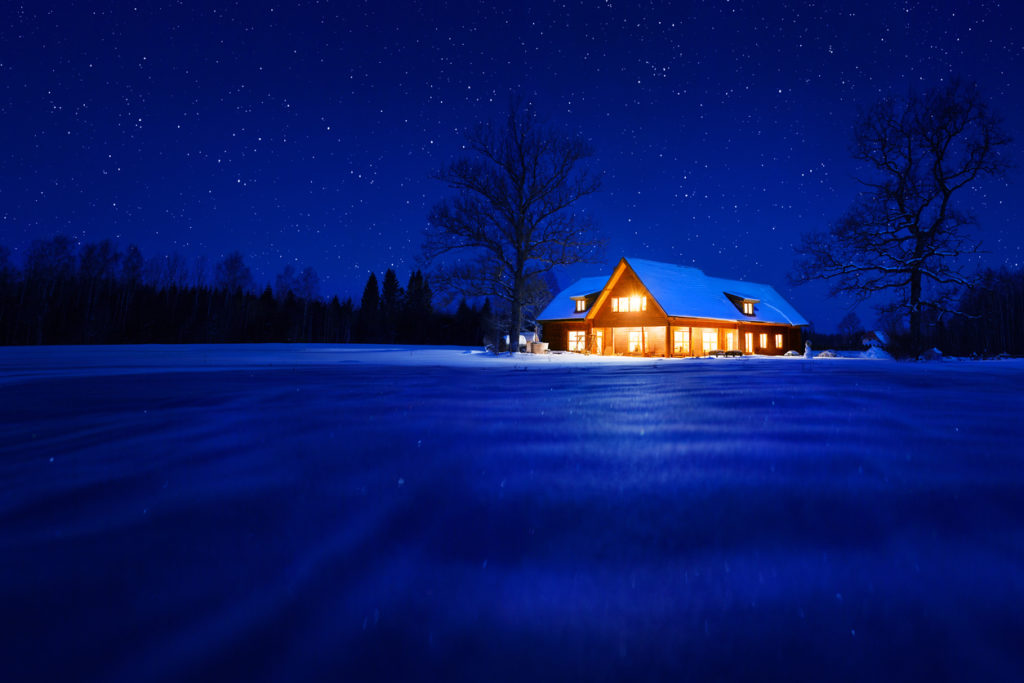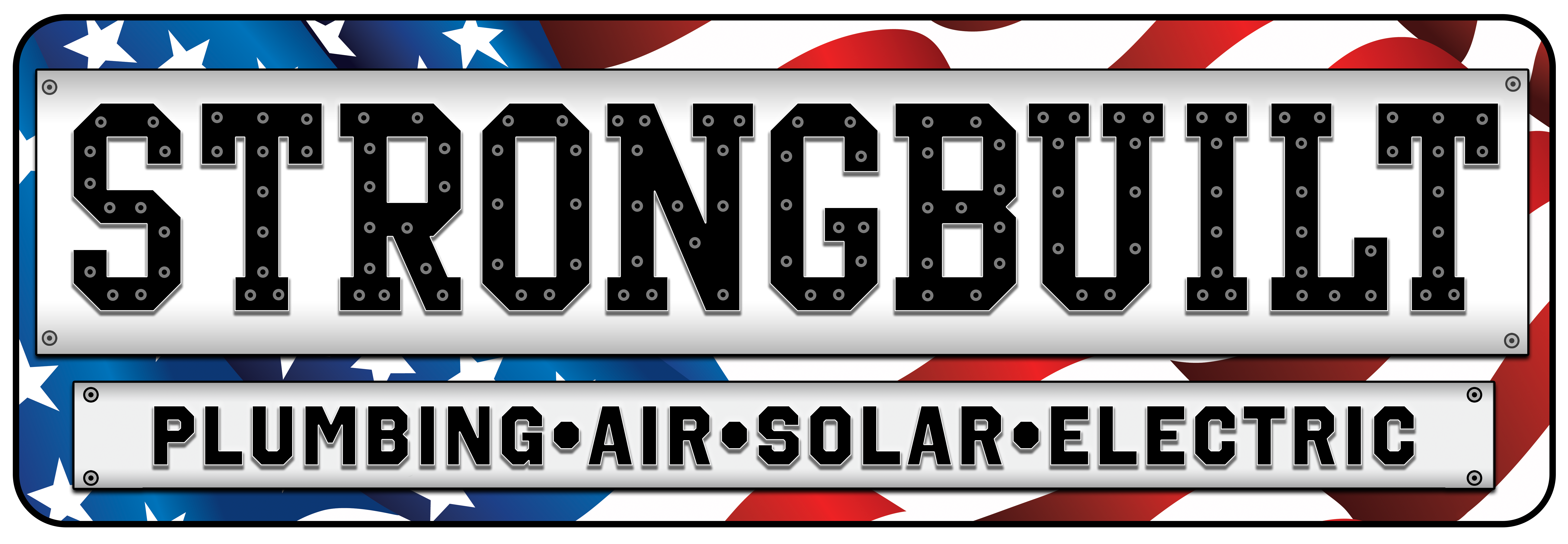
Buying a generator is a good investment no matter where you live. They’re almost necessary for places where ice storms wipe out the power but they’re a good backup no matter what. If the power goes out, you know you’re covered. There are a lot of options for generators on the market but one thing is for sure, you don’t want to make a hasty purchase because your power is already out. Do your research now and be prepared!
There are lots of smart ways to keep your home running during an outage. A portable generator can be one of the best options because it’s portable and runs off of most fuels. A whole-home generator is convenient but will require professional installation.
If you want to keep things simple, you can also shop for a backup generator that powers just a few appliances like your fridge and a few computers. Start by considering how much energy your home needs during a power outage. Will you need a whole-home generator, or should you avoid one? How much electricity do appliances like cooktops, refrigerators, and freezers use? Knowing these answers will help you decide which model will best meet your needs.
If your goal is to keep some lights on and refrigerators running, look at models that are rated for more watts than you need. For example: if you regularly use 200 amps at 120 volts in your home during an outage, look for something that’s rated from 500 watts to 1200 watts. Your home’s electrical panel should already have a transfer switch installed, but if it doesn’t there are ways to add one yourself or hire an electrician.
Types of Generators
Portable
Portable generators are a great way to power your home during an emergency or to take with you on camping trips. You can use them to run appliances, lights, and other equipment that requires electricity. It’s important to keep in mind that portable generators must be maintained and refueled to operate effectively. Carbon monoxide is a serious threat so it’s important to store your generator far from the house or animal enclosures and any building where people live or work.
Standby
This is your largest-capacity generator or “backup” generator. It runs all of the electrical components of your home, from your refrigerator to your washer and dryer — but only while the power is out. You can choose whether to use propane or a natural gas hookup to run it.
A home standby generator is a permanent unit wired straight into your home’s electrical system, so an electrician should install it. It supplies electricity when the power goes out and includes many of the same features as portable generators, including an electric starter that can be operated from a switch on the outside of your house.
Moral of the story, make sure to do your research as you consider your options. A generator could be hugely useful. If it’s installed or stored incorrectly, you could put your family and your home at risk. Give Strongbuilt a call if you need help deciding! One of our licensed electricians can help you calculate the amount of power you need and decide if a portable or standby option would work best for you.





